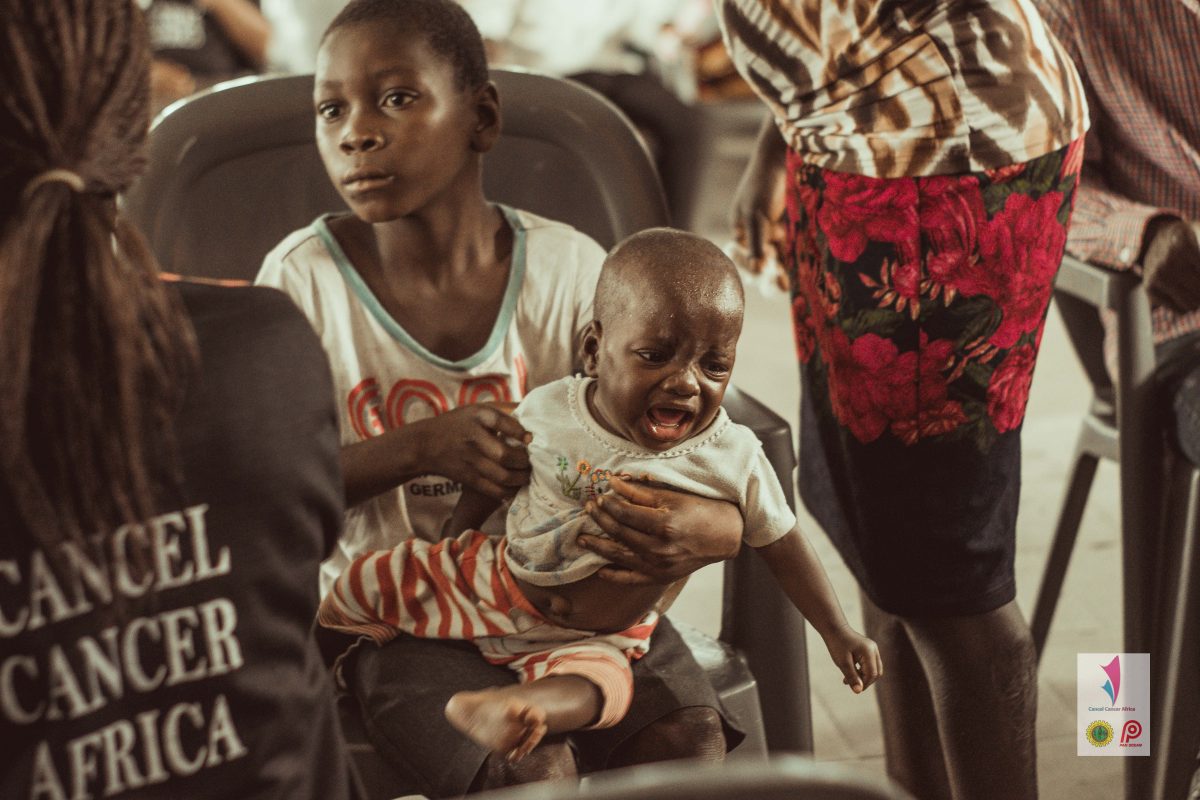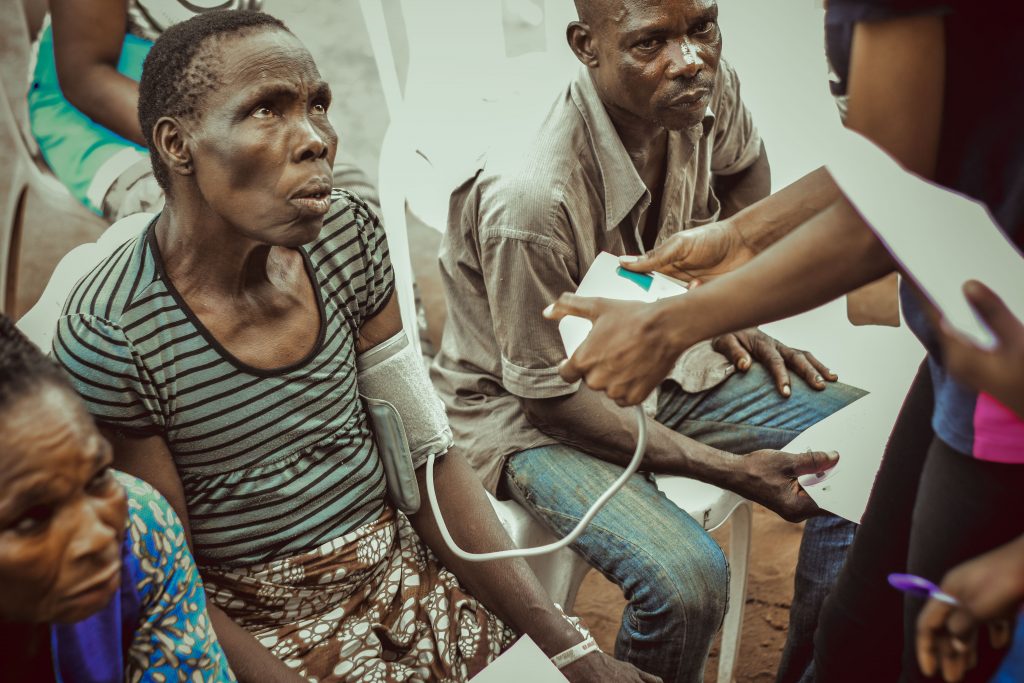Cancer Symptoms
A brief summary of the Cancer story
A brief summary of the Cancer story
A brief summary of the Cancer story: Cancer is an abnormal growth of cells. Cancer has now become a global challenge. According to the World Health Organisation report in (2004), new Cancer cases are constantly been reported. Cancer related disease is the primary cause of death after heart disease in developed and developing countries respectively.
There are many types of Cancer in which they are named with the area they affect or organ it instigates. Notably, there are more than one hundred types of Cancer maladies such as Breast cancer, Skin cancer, Lung cancer, Colon cancer, Prostate cancer, and Lymphoma among others.
 Cancer has been recognised for thousands of years as a human ailment. Nevertheless, only in the past century has medical science understood cancer and how it progresses. Currently, majority of people diagnosed with cancer are living longer due to modern treatment. Cancer specialists known as oncologists, have made remarkable advances in cancer diagnosis, prevention, and treatment.
Cancer has been recognised for thousands of years as a human ailment. Nevertheless, only in the past century has medical science understood cancer and how it progresses. Currently, majority of people diagnosed with cancer are living longer due to modern treatment. Cancer specialists known as oncologists, have made remarkable advances in cancer diagnosis, prevention, and treatment.
Cancer diagnosis begins with a thorough physical examination, some types of cancer such as those of the breast, mouth, testicles prostate and rectum. The earlier it’s diagnosed the better the chance of it been managed or treated. Most cases of cancer are detected and diagnosed after a tumour appear on the body or when some symptoms develop due to evaluating or treatment of other medical conditions.
Some common symptoms are;
- Unexplained anaemia (low blood count)
- Breast lump or breast discharge
- Lumps in testicles
- Obvious change in wart or mole
- Skin changes
The exact cause of cancer is not known but various factors are likely to play. Most cancers are caused by gene mutations of cells that occur in one’s life due to environmental factors which act as a catalyst. Environmental factors such as Tobacco smoking, chemicals, Ionising radiation, prolonged sunlight exposure and, Viruses.
Laboratory studies of urine, blood and stool can detect abnormalities that may indicate the presence of cancer cell. When a tumour is suspected, imaging tests such as computed tomography (CT), ultrasound, fiber optic endoscopy examinations, x-rays, and magnetic resonance imaging (MRI). Help doctors determine the cancer’s location and size.
 Cancer treatment depends on the stage, type and size of the tumour. Certain types of Cancers can be prevented through lifestyle modifications i.e. quitting smoking, avoiding and limiting sunlight exposure, applying adequate protection lotions and sunscreen. Moreover, dieting, some combination of surgery, hormone therapy, immunotherapy, as well as chemotherapy and radiation therapy help prevent growth of cancerous cells.
Cancer treatment depends on the stage, type and size of the tumour. Certain types of Cancers can be prevented through lifestyle modifications i.e. quitting smoking, avoiding and limiting sunlight exposure, applying adequate protection lotions and sunscreen. Moreover, dieting, some combination of surgery, hormone therapy, immunotherapy, as well as chemotherapy and radiation therapy help prevent growth of cancerous cells.
Supportive care from nurses and other professionals should accompany cancer treatment. The aim is to relieve pain and other symptoms, maintain general health, improve quality of life, and provide emotional, psychological, and logistical support to patients and their families. Cancer therapies, which are generally provided outside a hospital, can also provide supportive care.
Please contact your doctors as soon as you notice any symptoms. This article was written by a member of the Cancel Cancer Africa team. Please email info@cancelcancerafrica.org for any links to advice. Thank you for making a kind donation to Cancel cancer Africa.





